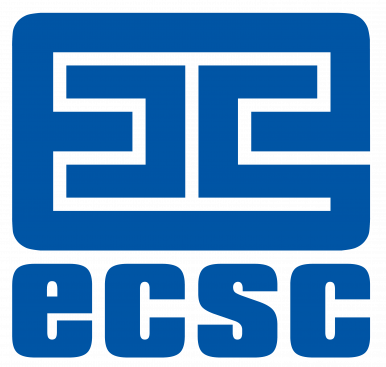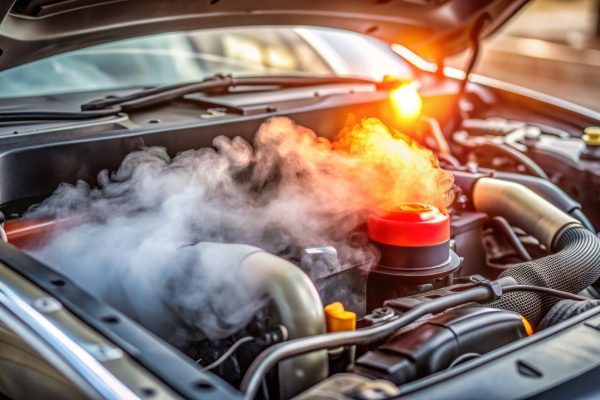Well, maybe not 10% but card providers often make a charge to the business for card payments and clearly a business may wish to cover that cost by passing it onto customers.
We were recently asked whether the law had changed so that no card surcharges could be passed onto customers.
This is not the case. A summary of the law is here:
1. From April 2013 most businesses are not allowed to charge MORE than the actual cost incurred by that business in processing the payment (i.e. the payment card surcharge).
2. Where they do, the consumer will be entitled to recoup the difference between the charge they incurred and the charge incurred by the business.
However…..
3. If your business has fewer than 10 full time equivalent staff it is exempt from this requirement until 12 June 2014. (not 2013).
4. Also exempt until June 2014 will be ANY new business that started after 6 April 2013.
5. It means that those businesses can, for another year or so, charge their customers more for processing a card payment than it costs that business for doing so.
Furthermore….

On average 55 vulnerabilities are identified daily.
What can I do?
Review your organisations priorities and ask ‘can we afford a breach?’. What do I do during an incident? Who do I involve? When do I involve the ICO?
If you’re unable to answers these questions, you need help from the experts.
6. Transactions between ANY business and ANOTHER business will always be exempt even after June 2014. This law only applies to business to consumer transactions.
Just remember that…
7. In every case, you must make it known to the customer in advance of forming the contract what the card surcharge (in terms of % added to the bill/invoice) is being applied. If you are (for example) in the trade of motor repairs, you should have a sign to this effect clearly visible to consumers in the workshop as well as in the office.
8. Even if you are exempt for a year, it is probably good practice only to be passing on the actual cost of card surcharges being incurred now.
9. For the insomniacs amongst you the law is encompassed within the Consumer Rights (Payment Surcharges) Regulations 2012








